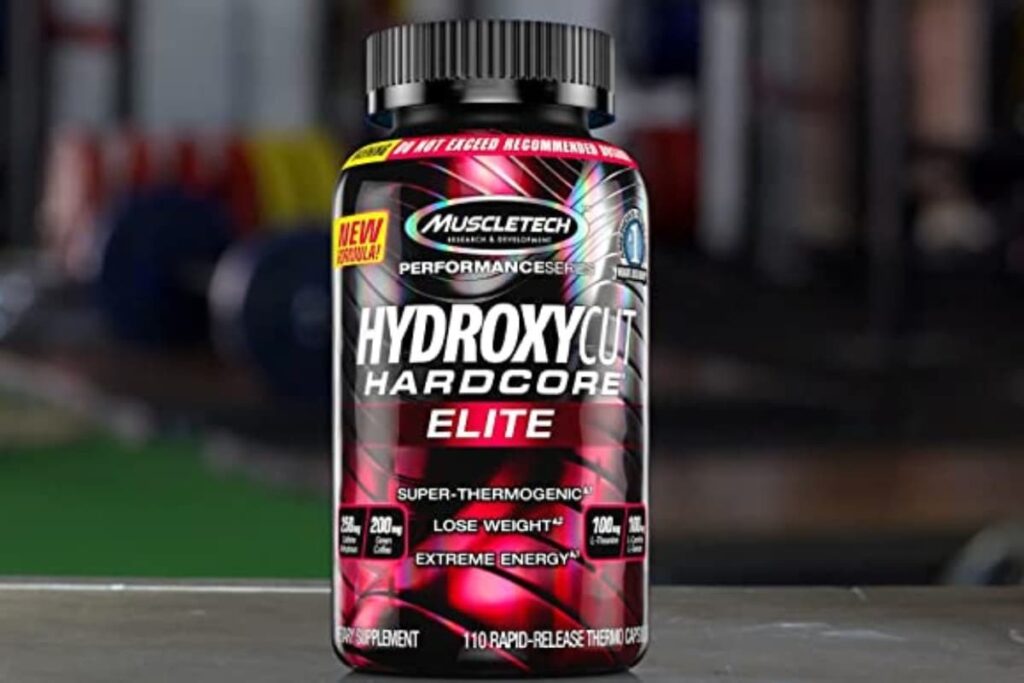In the digital age, the fitness industry is not just about promoting health and wellness, but also about mastering the art of salesmanship. V Shred, as a prominent player in this space, employs a range of sales techniques designed to engage potential clients. The strategies used can significantly influence consumer behavior, and it’s worth exploring whether these methods are empowering consumers to make informed choices or exploiting psychological triggers to drive sales.
Understanding V Shred’s Sales Strategies:
To analyze the impact of V Shred’s sales techniques, we need to break down the elements of their approach.
- Targeted Advertising: V Shred uses data-driven methods to reach potential customers. How do they ensure that the ads presented resonate with the viewers’ current fitness goals or struggles?
- Social Proof and Testimonials: The company frequently showcases success stories and testimonials. Are these representations fair and balanced, or do they skew customer expectations?
Psychological Levers in Marketing:
Marketing strategies often tap into psychological principles to encourage purchasing behavior.
- The Principle of Scarcity: V Shred’s campaigns sometimes suggest limited-time offers. Is this creating a genuine urgency or an artificial pressure to buy?
- Authority and Trust: By positioning themselves as experts, do they foster trust, or is there a risk of over-reliance on perceived authority?
Call to Action and Language Use:
The phrasing and timing of a call to action can be pivotal in sales.
- Motivational Language: V Shred’s content often includes empowering language designed to motivate action. How does this impact the consumer’s decision-making process?
- Urgency and Decision Pressure: Does the language used create unnecessary pressure to make immediate decisions without ample consideration?
After-Sale Support and Customer Care:
Post-purchase support can reflect a company’s commitment to its customers.
- Responsiveness: How does V Shred handle customer inquiries and concerns post-purchase?
- Community Engagement: Does the brand build a supportive community, or is the engagement primarily transactional?
Ethical Considerations and Consumer Autonomy:
An ethical sales technique should enhance the consumer’s ability to make autonomous decisions.
- Informed Choices: Does V Shred provide enough information for consumers to make educated choices about their products and services?
- Transparency: Are the terms, conditions, and expectations of the services or products offered by V Shred clearly stated?
Conclusion:
V Shred’s sales techniques, like those of many companies in the fitness industry, are designed to capitalize on common psychological triggers. While their strategies may be effective in driving sales, it is essential to consider whether they empower the consumer or exploit psychological vulnerabilities.
Potential customers should remain vigilant, questioning the motivations behind persuasive techniques, and should prioritize their agency in the decision-making process. Empowerment in the fitness journey comes from informed, autonomous choices, not pressured ones. As such, the onus is on companies like V Shred to balance effective marketing with ethical responsibility, ensuring that their sales approaches foster an environment of trust and empowerment.




